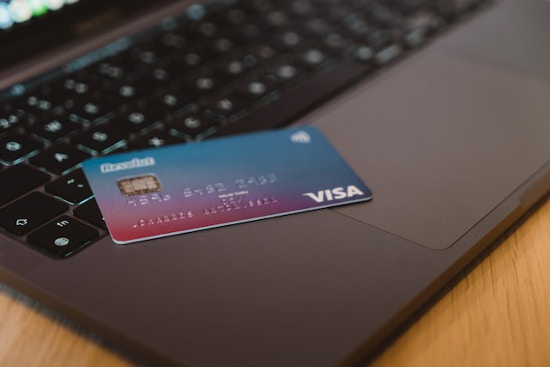Keeping track of your invoices and payments is crucial to managing your money, and it guarantees that your payments are made on time, which influences other elements of your budget.

You must monitor your bills to stay on track. Late payments not only result in fines and paying additional interest, but they also impact your credit score.
Use the strategies listed below to learn how to stay on top of your payments and prevent hefty penalties, higher interest rates, and blemishes on your credit report.
Make A List
To monitor your bills and payments more effectively, you must first understand what bills you have. This implies you will need to streamline your monthly and yearly expenditures in one place.
Create a list of your reoccurring bills along with what they are for, how much, and when you have to pay them. Keep in mind that certain expenses are recurring or irregular. You want to remember those expenses that arrive once a year and are commonly overlooked, so prepare beforehand.
Use an app, spreadsheet, or even a notepad to track them and as a checklist to ensure you get all payments. If you don’t already have one, this list can serve as the foundation for one.
Examine Your Account Statements
You can monitor your spending patterns by listing your bank and credit card accounts. This will help you identify your spending habits and whether you can adjust them to accommodate more pressing bills such as rent and utilities.
You will be able to categorize your necessary and leisure spending and see where you can make adjustments in a way that is not inconvenient and more efficient.
Make Bill-Paying Areas
It is much easier to pay bills when they are immediately accessible. Set aside designated areas to keep your bills so you can readily discover them when you’re ready to pay and return to the ones you’ve already paid. Switching to digital versions of your bills is one method to keep organized. This means fewer paper bills and far less clutter in your house. But keep your inbox from overflowing!
Create a bill folder for digital bills that arrive via email to stay organized. You may transfer them to a ‘Paid’ folder in your email or remove them once you’ve paid them. Another alternative is uploading them to a cloud storage service.
If you want to take your organization a step further, you may create a separate email account for your invoices so they don’t get mixed in with other communications.
If you intend to continue receiving paper bills, keep unpaid paper bills in a separate location. When you’ve paid them, you can sort them into separate piles that can be disposed of later to avoid clutter.
Set Payments Up On Autopay
Automated payments or autopay is the most reliable way to pay your bills on time. Put your expenses on autopay or any self-service payment portal if you feel comfortable, so you don’t have to think about them. This assures that they get paid on schedule every time.
Many service providers offer this as an optional feature, which may incur additional costs. If that’s the situation, remember to factor in those expenses when planning your budget.
You may also use your bank to set up autopay, which should be an option in your online account. If you can’t find it, call your bank for assistance.
Inquire About Grace Periods
There is a small period of time between when your bill is to be paid and after which date you will be charged a late fee. This is usually 15 days but make sure you check the bill for this date or check with your provider. This might allow you more freedom in scheduling your bills—but don’t overdo it.
You may want to inquire about altering your due date if you use it every month. Bill collectors may frequently be worked with to adjust due dates to coincide with when you receive your income or have the most cash available.
Conclusion
It takes some effort to set up a smart bill-paying system that can support you month after month, but by monitoring and streamlining your payment process, you’ll be able to pay your bills on time. Hopefully, you can use the advice provided here to make keeping track of bills and payments easier.
Remember that you may always use our free resources to assist you in managing your finances.
